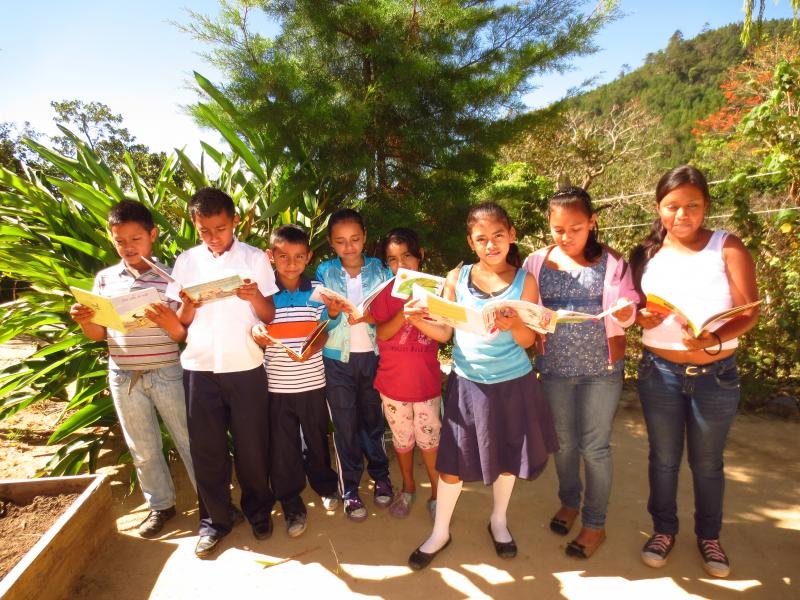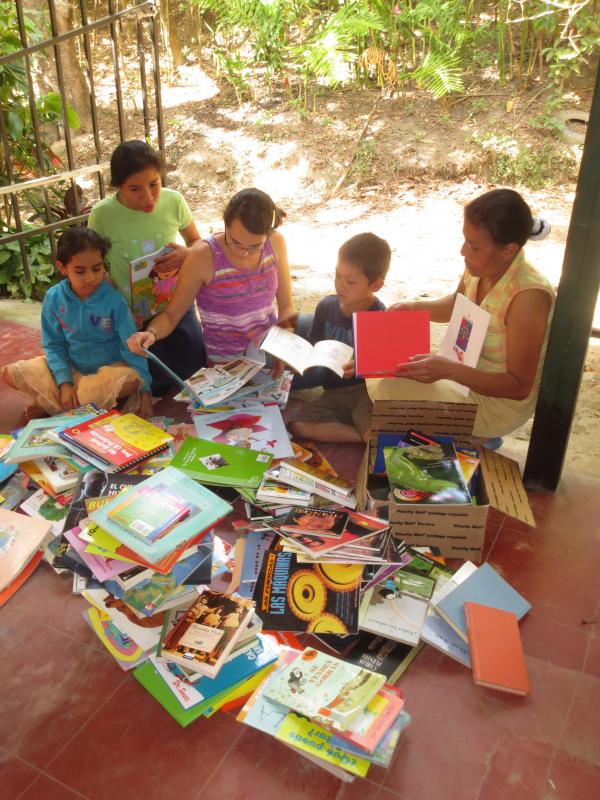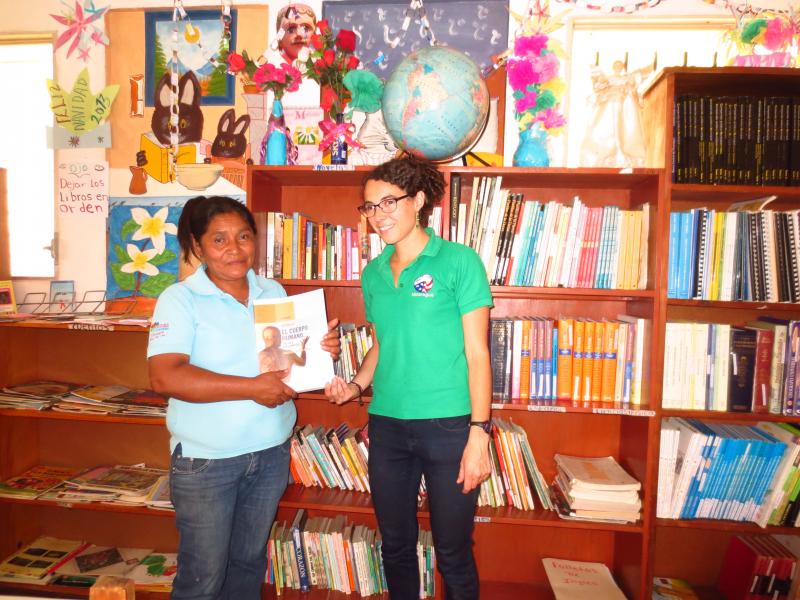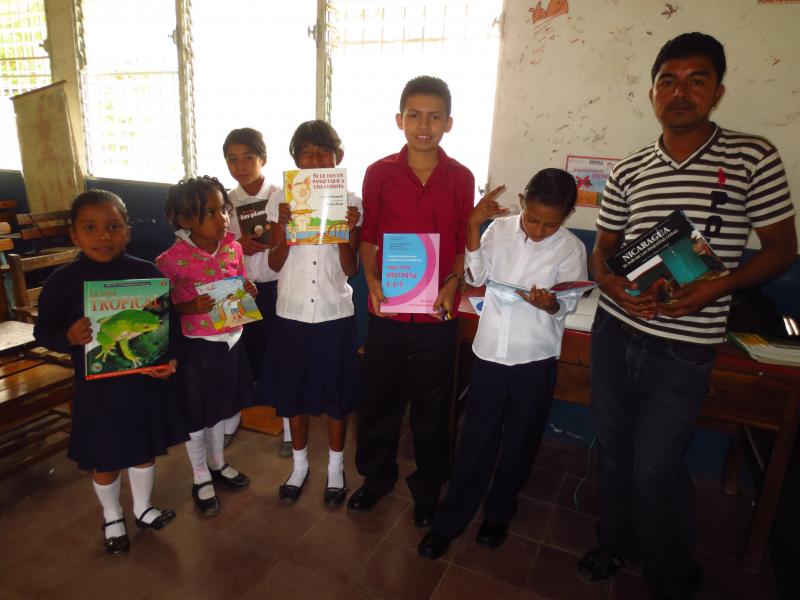Nicaraguan library project a labor of love for Rochester native
Working in a third world country requires one crucial thing: flexibility. Rochester native Angie Kantner learned that firsthand when she tried to establish a library for people in the small Nicaraguan town of Las Manos in the coffee-growing municipality of Dipilto.
Two years later, Las Manos doesn’t have a library, but Kantner said, “Our hope for better resources and access to accurate information and opportunity to promote literacy did not fade.”
Kantner served as a Peace Corps volunteer for three years. While working to prevent teen pregnancies, stop the spread of HIV/AIDS and encourage healthy lifestyles, she and several youth hatched the idea to return their meeting room to a small library.
Kantner enlisted the help of friends and family back home with a letter in 2012.
“While every high-schooler is required to study English, the one Spanish-English dictionary in the library is missing entire sections,” Kantner wrote. “I am writing to you because, well, we can fix that.”
She went on to say, “My hope is that the library will be a place to learn new things and to think and dream about one’s future.”
Kantner’s mom, Sue, helped lead the charge stateside with the goal of raising enough funds to buy 200 books for Las Manos. People in the tri-town area, Pennsylvania and fellow Peace Corps volunteers donated at least $1,200 to the grassroots project.
But in Las Manos, the community’s original excitement for the project went flat.
“The building needed the electricity to be re-installed, the door needed to be replaced, and the corner where water seeped in during the rainy season needed to be fixed,” said Kantner.
Community leaders made promises but didn’t follow-up, and she realized, without their commitment, any improvements would be temporary patches.
So, Kantner and the youth group improvised. With enough resources to buy 300 books, 100 more than Kantner has originally hoped for, they decided to divide them among the 11 elementary schools, the high school and the municipality’s library, about seven miles from Las Manos.
“It wasn’t what we expected, but in the end, a lot of the goals were the same,” she said, adding that most classrooms only have a few books.
Once Kantner had titles – everything from puberty and nutrition to dictionaries and novels – she had to get them to the schools.
That meant some heavy lifting for Kantner who carried all of them, sometimes for three or four miles up hill. When she arrived, she would read one of the books and have the kids pass it around and read some, too.
Kantner said the kids and the teachers were always excited to receive the books, and she expressed thanks to all those who donated money to make it happen. She estimates that 500 students, 45 teachers and 100 adults in the community will benefit from the books.
“I'm grateful to have been a tie between here and there and to see the smiles and gratitude of the communities of Dipilto when they received the books,” she said.
Kantner acknowledged that the project was much more difficult than she expected, but she’s happy with the result.
“It was a long and bumpy road for this library project ... but all of the roads in Dipilto are long, winding dirt roads, and I have trekked them all with boxes of books on my shoulder," she said.
Kantner recently returned to Nicaragua where she will teach elementary school in the capital city. She plans to move back to the U.S. in a few years.



















